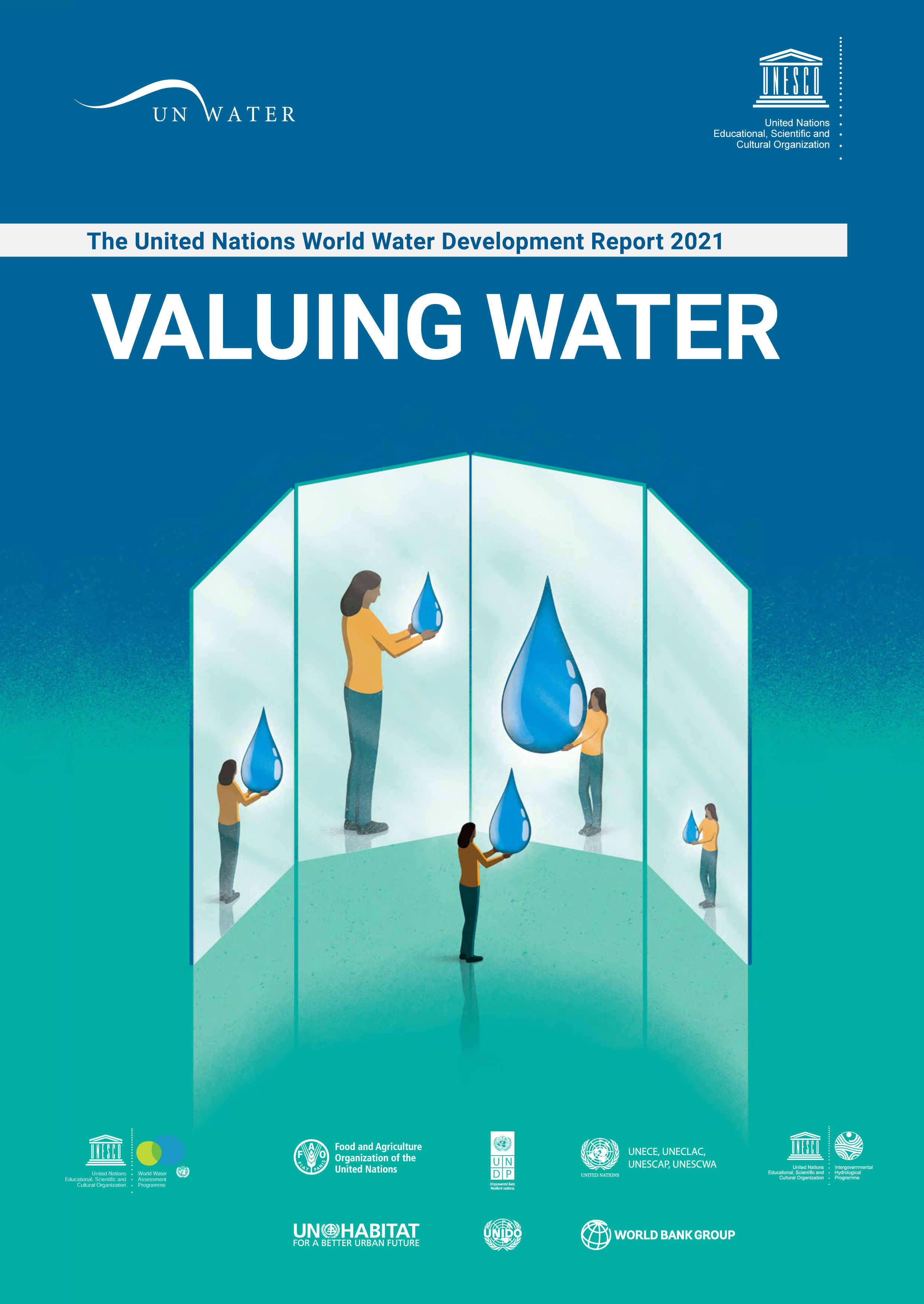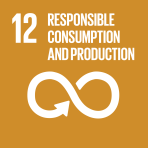Financing and funding water services: Challenges and opportunities for valuing water

- Author: Jason Russ
- Main Title: The United Nations World Water Development Report 2021 , pp 133-142
- Publication Date: March 2021
- DOI: https://doi.org/10.18356/9789214030140c016
- Language: English
A fundamental challenge with managing and valuing water is that water encompasses the qualities and benefits of many different types of goods.46 At its source, it is usually treated as a public good, an open access resource, or a common-pool resource, available for the public to use without exclusion (Anisfeld, 2011). With open access, common-pool resources, users get all the benefits from their own use, but costs are distributed – often unequally – amongst users (e.g. resource depletion or quality degradation), potentially subjecting it to overuse, exploitation and degradation. In order to provide benefits to cities, farms and households, costly investments in infrastructure like dams, pipes and treatment systems are needed. In the case of water supply and sanitation infrastructure, these services are generally private goods (i.e. the services are both excludable and rivalrous), which means that the poor can be excluded if the price is too high. Other services, like flood protection provided by dams and levees, are public goods, where no one can be excluded, nor can user fees be easily collected. Water can also simultaneously be an economic good – a critical input for nearly all forms of economic production – as well as a merit good – a commodity which should be made available based on need rather than willingness to pay, as it is vital for life and human health.
-
From This Site
/content/books/9789214030140c016dcterms_title,dcterms_subject,pub_keyword-contentType:Journal -contentType:Contributor -contentType:Concept -contentType:Institution105



